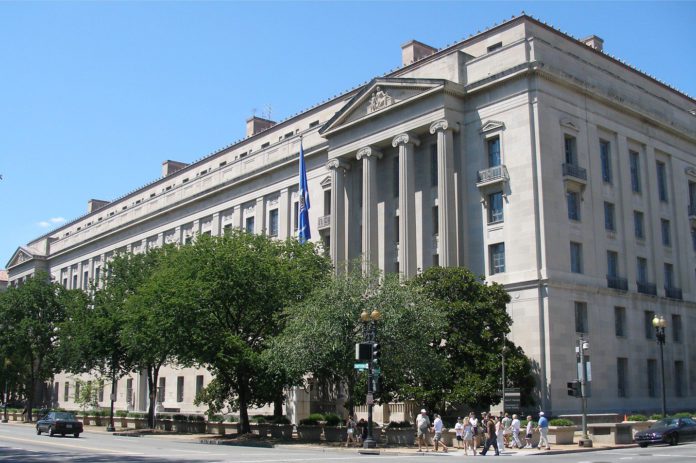
Earlier today, the U.S Department of Justice announced today that former California attorney David Kaplan was sentenced for conspiracy to commit wire fraud and money laundering.
Kaplan, from Las Vegas, was investigated by the Internal Revenue Service — Criminal Investigation and the Federal Bureau of Investigation, and the case was worked on by U.S. Attorneys, including Colorado Acting U.S. Attorney Matthew Kirsch.
“Of course, attorneys are not above the law, and this sentencing demonstrates that we can, and will, prosecute anyone who breaks the law to the fullest extent,” Kirsch said. “We are proud of the cumulative effort of all who helped ensure Mr. Kaplan could not victimize additional investors.”
For roughly a year between 2014-15, Kaplan and two others worked to defraud investors out of money and property through materially false and fraudulent representations, according to the release. The co-conspirators obtained around $12 million from investors, claiming they could invest risk-free in offshore investments with an occasional 10% return on investment per month.
As a part of the scheme, Kaplan established and controlled business entities, including “several” charitable organizations, to deposit and transfer investor funds and pay for personal expenses. In his position and attorney trust accounts, Kaplan gained the trust of investors and created a pretense that investor monies were held in the trust. He made payments to investors to “lull them and encouraged the recruitment of additional investors.”
Kaplan diverted over $2 million for his own benefit and pled guilty on April 7 and was sentenced to 36 months in prison yesterday. Kaplan had never disclosed to investors the precise amount of financial benefit he was to receive, including his compensation, costs or fees or the identity of the “Fiduciary” despite investor requests for this information.
“Mr. Kaplan capitalized on his position of trust as an attorney to create an elaborate investment scheme, touting inflated returns and even leveraging support for several charities, all of which proved to be a mirage that cost investors millions,” said FBI Denver Special Agent in Charge Michael Schneider. “We thank IRS-Criminal Investigation and the U.S. Attorney’s Office for their diligent work on this case.”

